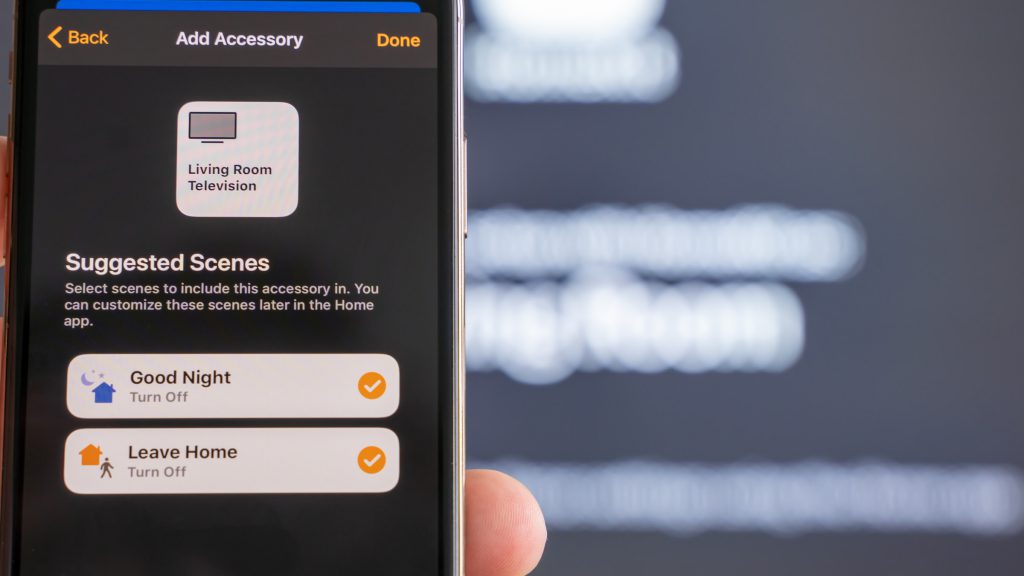Smart homes equipped with advanced home automation technologies are gaining popularity. So much so that today, it’s almost unthinkable to build or undertake a major renovation without incorporating some level of smart technology. However, despite its growing presence in our lives, it’s still unclear whether installing smart home devices can significantly increase the resale value of your property, be it a house or an apartment.

The uncertain impact on property value
For about two decades now, residential home automation has been making its way into our homes. Given its relatively young age, it’s still hard to say definitively whether installing this type of technology will allow you to recoup part of your investment when selling your home. Unlike some renovations that have proven to increase a property’s resale value, adding smart devices to your residence doesn’t guarantee a certain added value, as they are not yet a prominent search criterion for buyers.
Not all devices are created equal
This relative lack of interest, which is expected to diminish in the coming years, should be put into perspective. Some smart devices, especially those installed by professionals and designed by well-known names in the home automation sector, could be more valuable than others.
Energy-saving devices
For instance, smart thermostats and other devices aimed at reducing energy consumption and costs are gaining interest. In the current context, where energy efficiency is becoming increasingly important, these devices are likely to attract potential buyers.
Secondary functions
On the other hand, devices with "secondary" functions, such as lighting that can change color, are generally overlooked. These are not as appealing as those that offer energy-saving benefits.
Security systems
Adding a security system, like a smart alarm, is another element of home automation that can attract potential buyers by offering them an additional sense of security. Some might even be willing to pay more, provided the system was professionally installed.
The bottom line
While home automation can give you an edge in attracting buyers by offering additional comfort and functionality, it cannot make up for the general condition of your property.
Invest wisely
If you’re considering adding smart home technology to your property, it’s crucial to invest in devices that not only enhance the comfort and functionality of your home but also have the potential to increase its value. Energy-saving devices and security systems are good places to start.
Professional installation
Remember, the installation should be done by professionals to ensure that the system is reliable and efficient, thereby adding value to your property.
Future trends
As smart home technology continues to evolve and become more integrated into our daily lives, it’s likely that its impact on property value will become more significant. However, it’s essential to keep in mind that while smart home features can make your property more appealing, they are not a substitute for essential home improvements like structural repairs or energy-efficient upgrades.
Consumer awareness
As consumers become more educated about the benefits of smart home technology, it’s likely that these features will become a more significant factor in their home-buying decisions. Therefore, investing in quality smart home technology now could pay off in the long run.
Conclusion
In summary, while smart home technology can make your property more appealing to potential buyers, its impact on the resale value is still uncertain. However, devices that offer energy-saving benefits and enhanced security features are more likely to add value to your property. As the technology matures and becomes more mainstream, its impact on property value is likely to become more significant.

 Open Immovlan
Open Immovlan